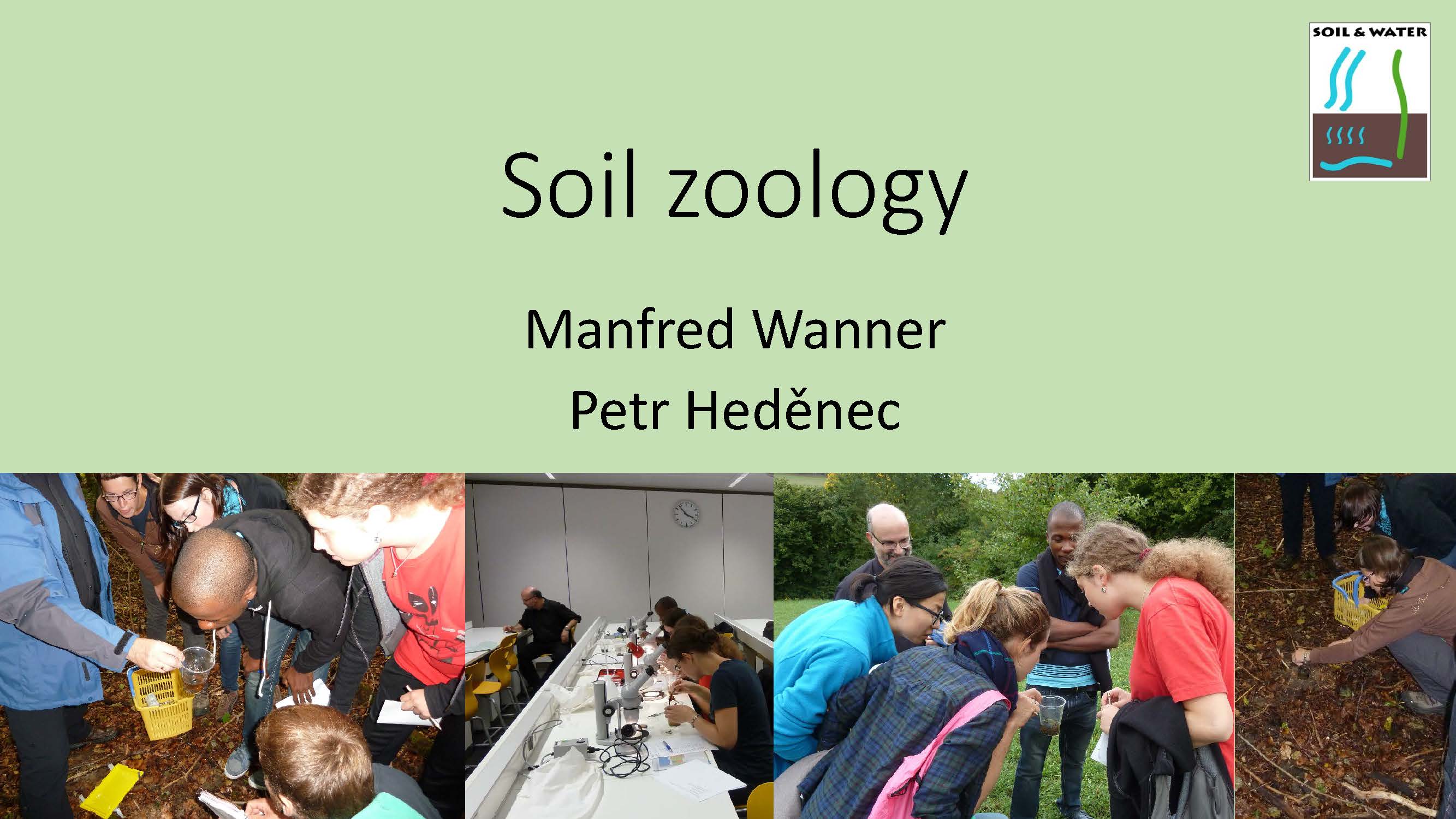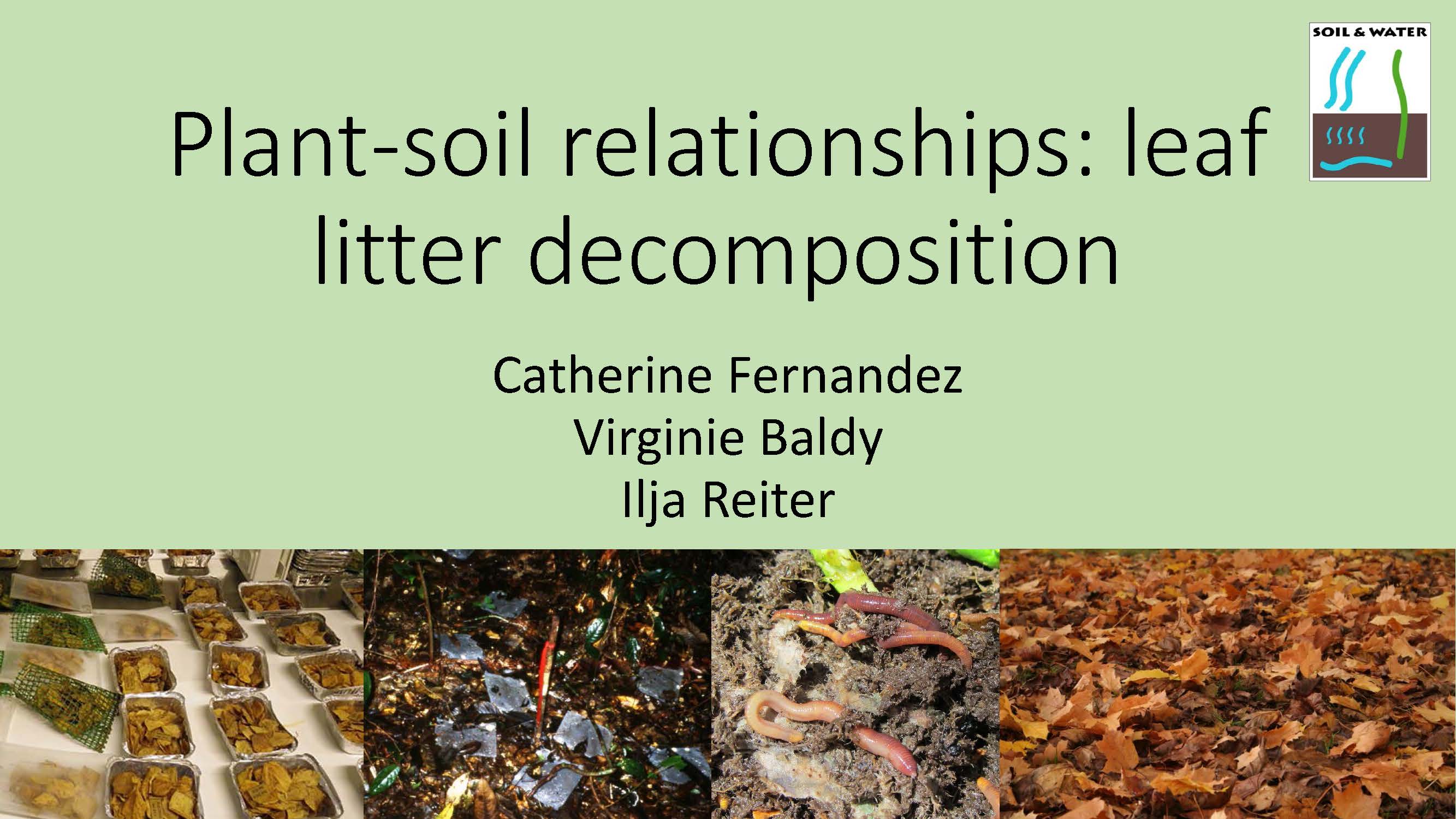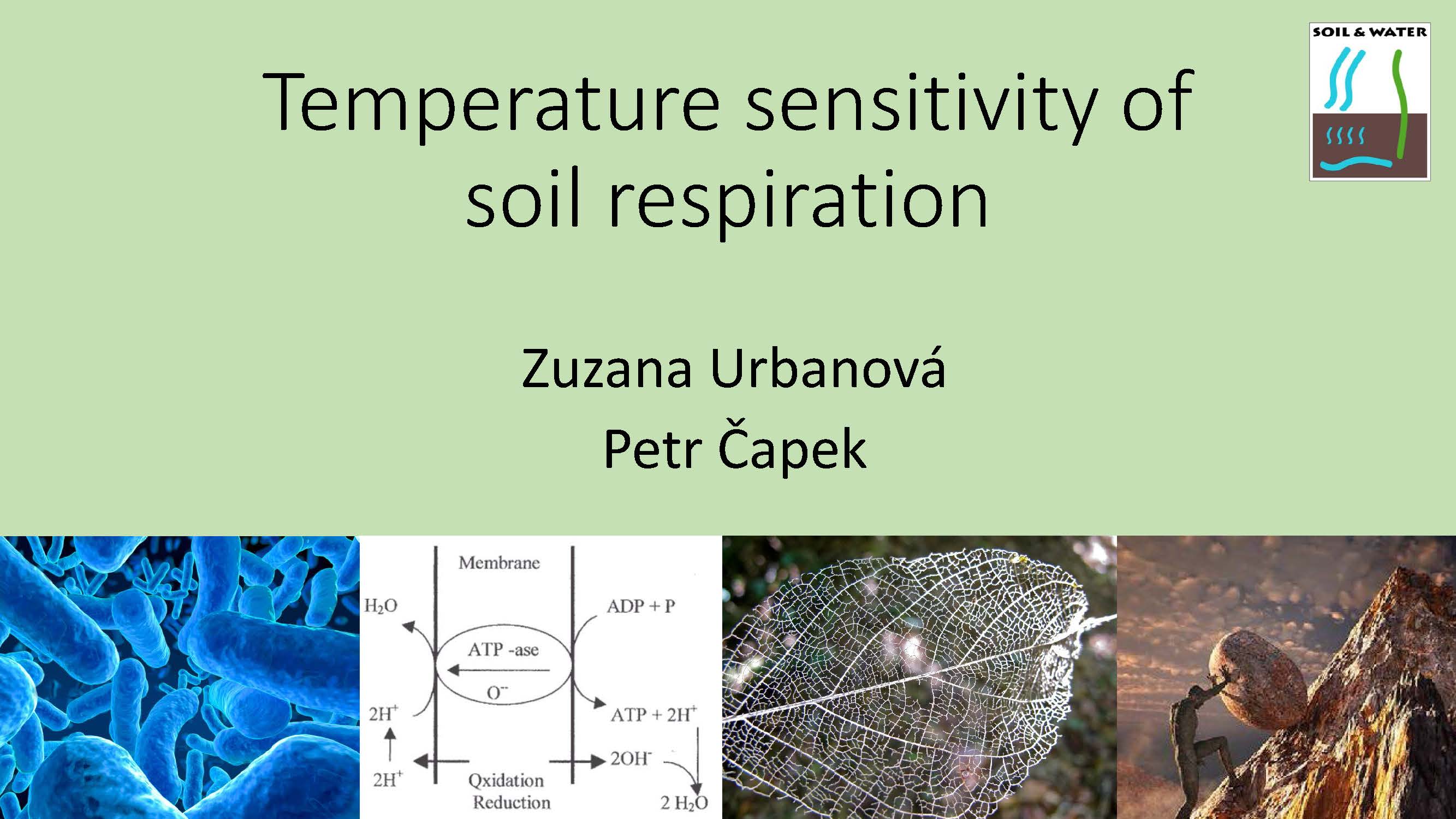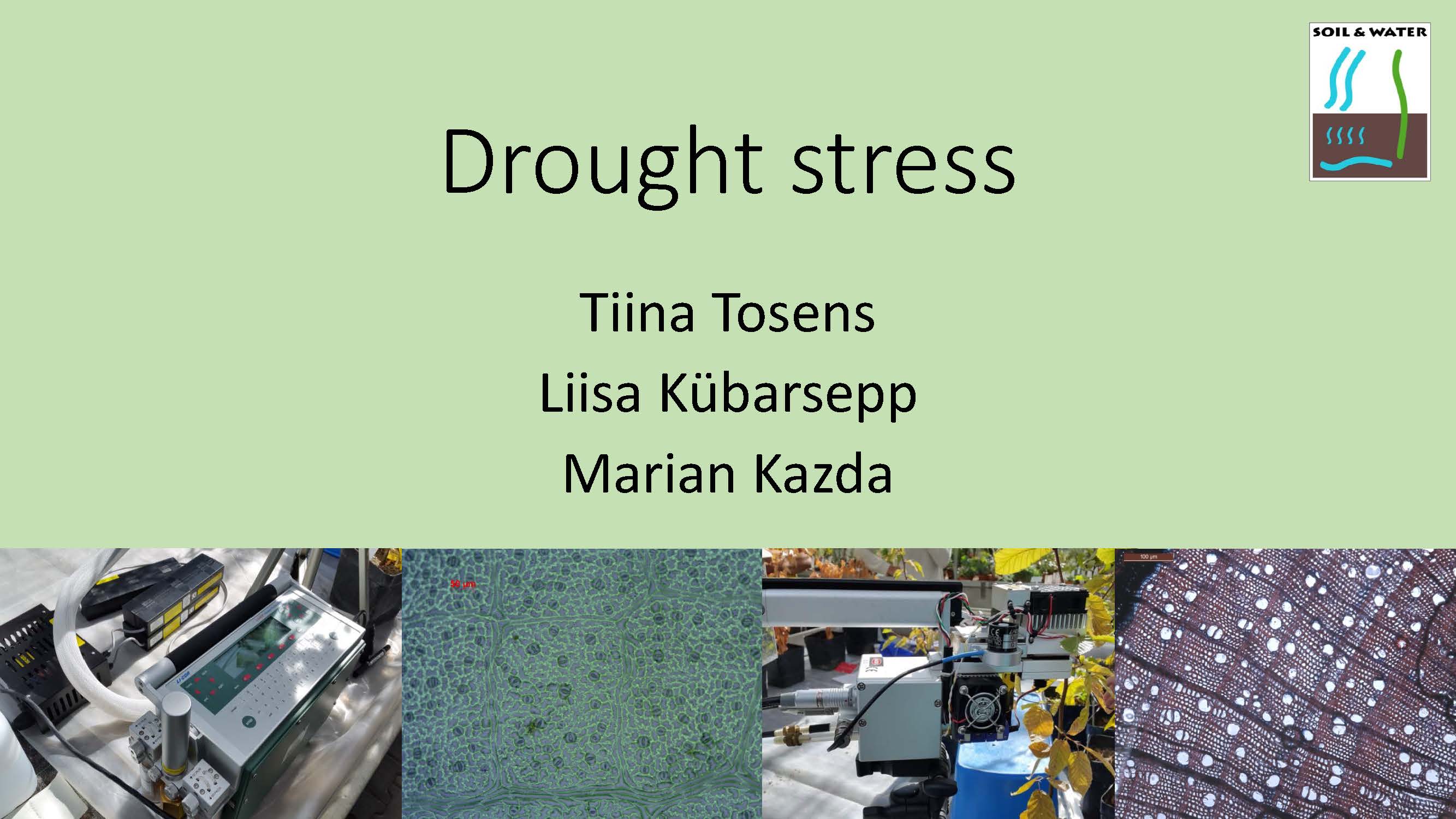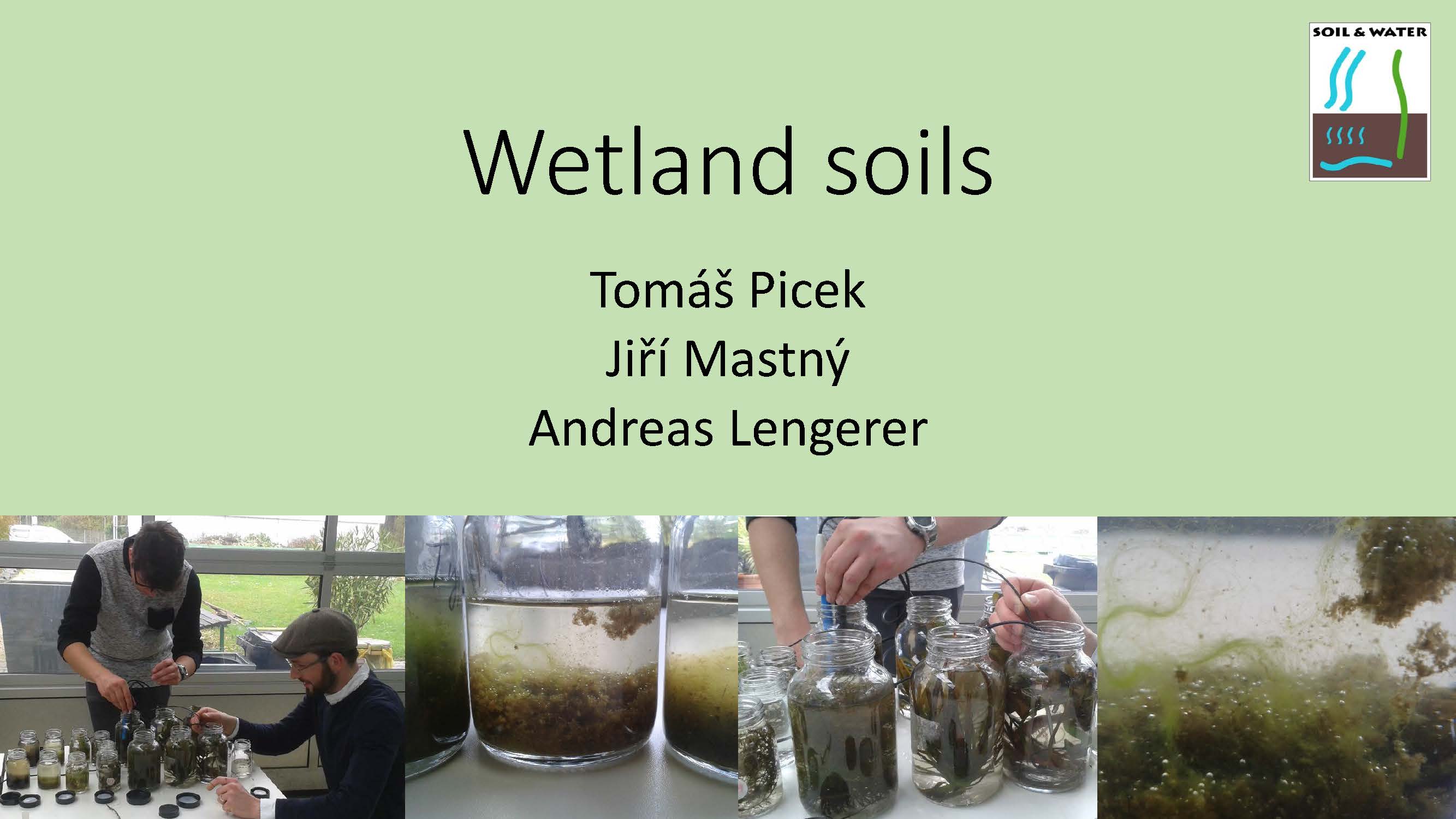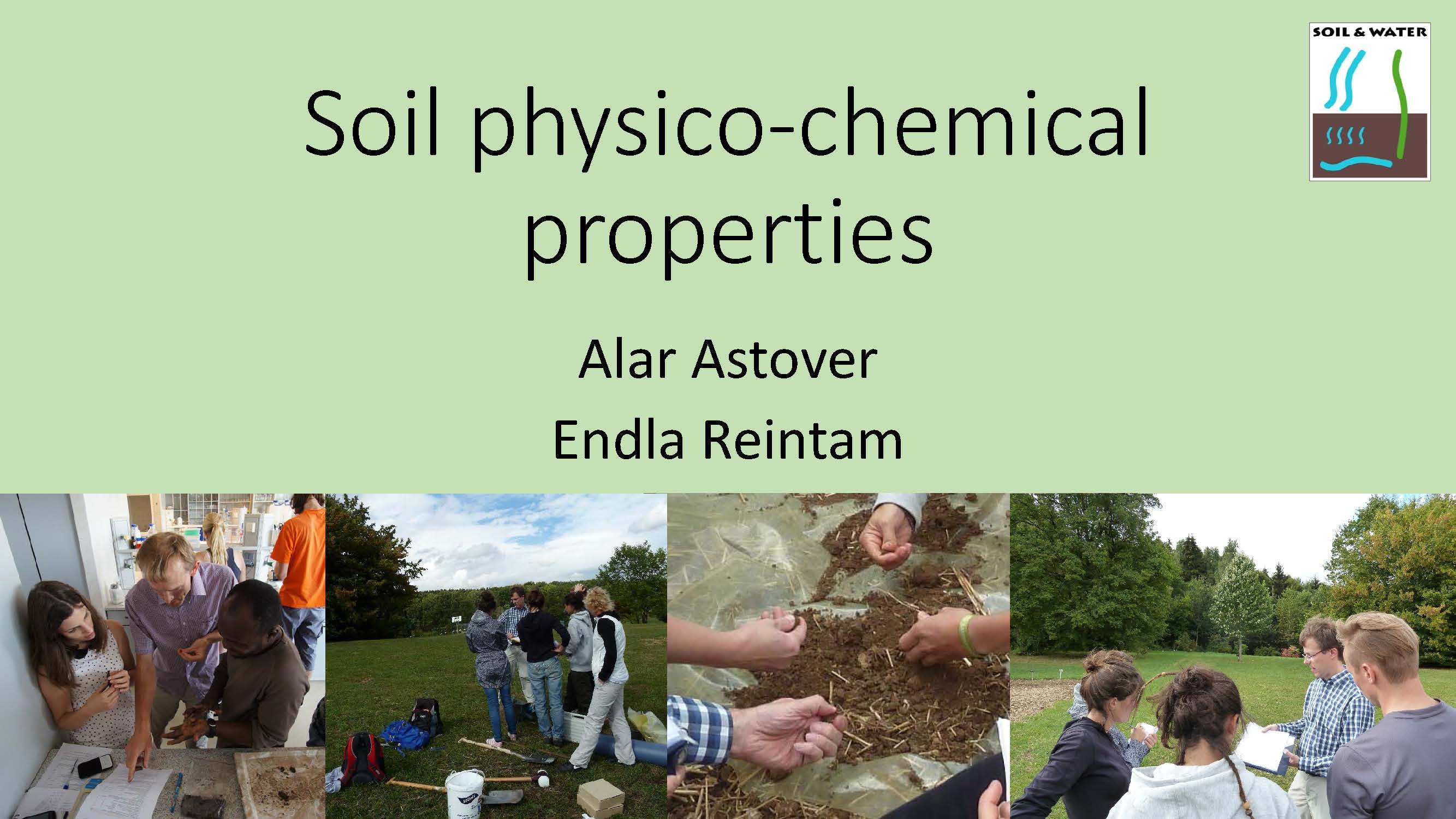Summer School 2016 in Czech Republic
Projects
In order to enhance the quality and attractiveness of the student work during the Summer School, we introduced small projects that were processed by the students throughout the two weeks.
These projects included reading of publications related to the respective topic, practical work with subsequent data analysis, the writing of a protocol and the presentation of the whole project. The following projects were offered:
Soil Zoology
Practical exercises on soil meso- and macrofauna. During the first week we will collect some soil and litter and put it on the Berlese funnel to extract the mesofauna. Macrofauna will be trapped with pitfall traps exposed on the University campus. Also soil animals will be collected during out field excursions. In the second week we will analyze the samples and additionally have a look at alcohol material.
Plant-soil relationships: leaf litter decomposition
Litter decomposition is a key functional process in ecosystems, determined by the interaction between resource quality (i.e. lotter) and decomposers, both controlled by the environment (climatic and soil conditions). Resource quality depends on plant species and this topic focuses on the study of the relationship between plant species diversity (monospecific litter vs lotter mixture) and litter characteristics (coniferous vs deciduous) on litter mass loss and decomposers associated with decomposing leaves/needles in forests.
Soil respiration
We will experimentally test how different temperatures, different soils and different substrate influence respiration of soil microorganisms. Currently most discussed are two theories, kinetic theory and metabolic theory, and we will evaluate which one is best suitable for predicting the effect of climate change on soil carbon stocks.
Drought stress
The objective of this project is to measure stomatal opening and closing speed in response to change in CO2 concentration and its relation to the stomatal size and density. Gas exchange measuring equipment permits us to simultaneously monitor the stomatal conductance and photosynthesis rate of a leaf enclosed in the leaf chamber. Furthermore, we can change the conditions in the chamber and see how this affects both CO2 uptake and water loss. In order to correlate these results with stomatal morphology we will make stomatal peels using the "varnish method", observe these leaf surface impressions under the microscope and later analyse the photos using Image J software. In the experiment we will use plants (2-3 species) that have previously been held at different conditions: well-watered and water-stressed and see how stress affects their responses to change in CO2 concentration and if the response also depends on the species and its stomatal morphology.
Wetland soils
Oxygen is a substance, which is often limiting activities and survival of soil microorganisms, animals and plants. The aim of this project is to show the effect of different plants on oxygen concentration in water (in soil solution). Different plant species will be incubated in mesocosms in water in a glasshouse, oxygen concentration in water will be measured by optical sensors and the data will be evaluated and discussed.
Soil physico-chemical properties
The aim of the project is to evaluate soil organic matter / carbon changes in the landscape according to the topography, vegetation and soil parent material changes. In an area (catena) with high soil variability (e.g. across different elevation levels) the sampling by transect method and also by soil profile vertical distribution of soil will be done. In the field conditions the visual assessment of the soil properties will be done. For laboratory analysis the samples to measure bulk density, organic matter and pH will be collected. SOM stock differences will be interlinked with land use, elevation, soil texture, pH and other factors.
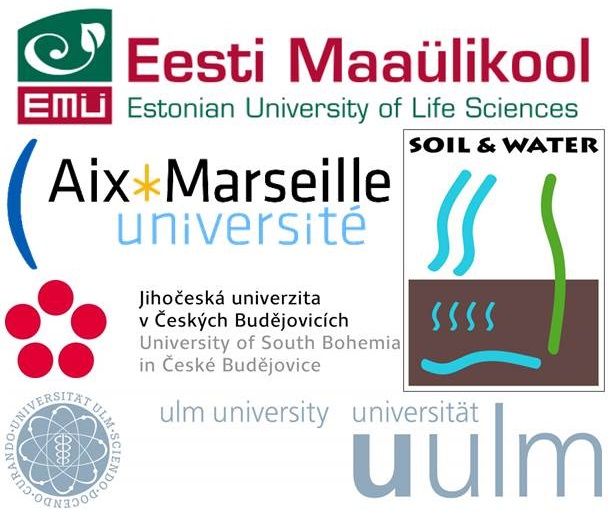
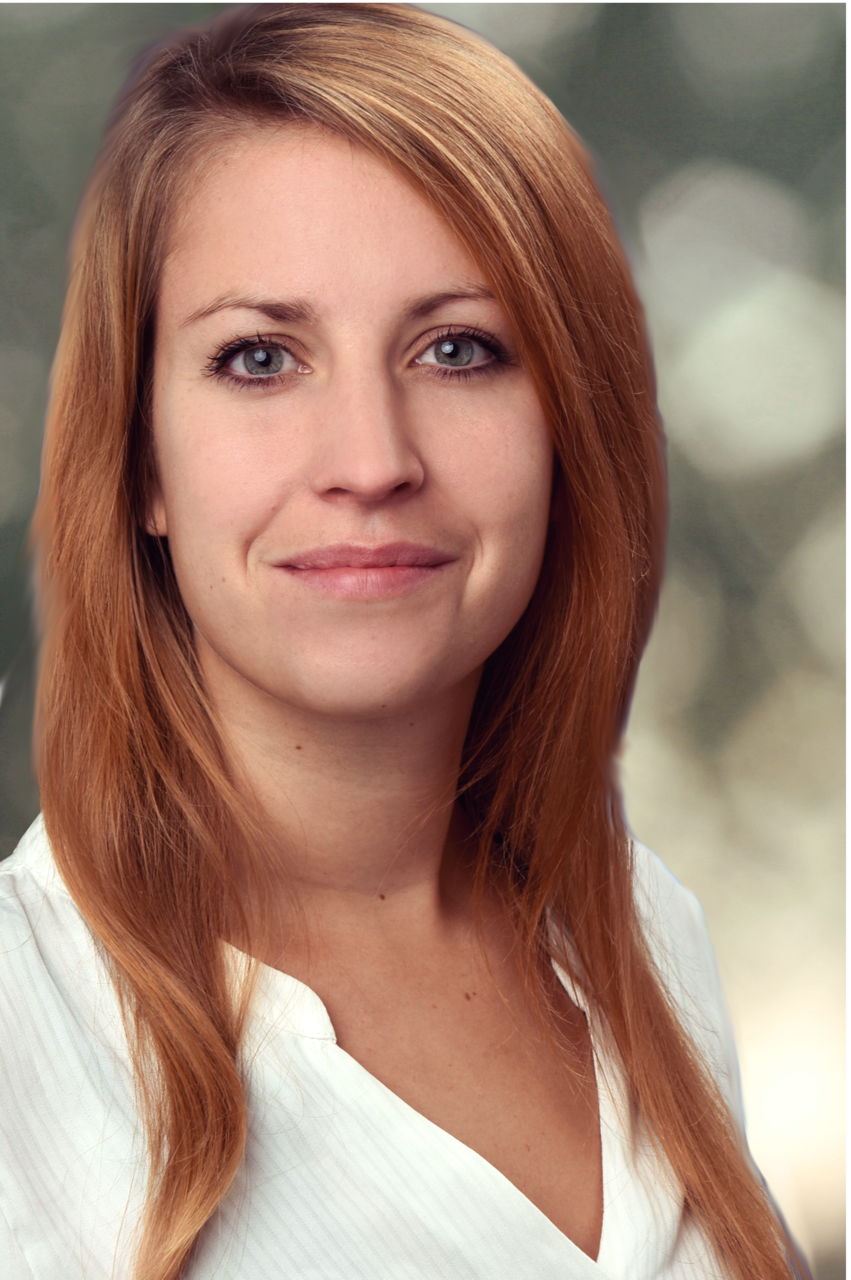
- Dr. Eva Keppner
- eva.keppner(at)uni-ulm.de
- **49-(0)731-50-23317
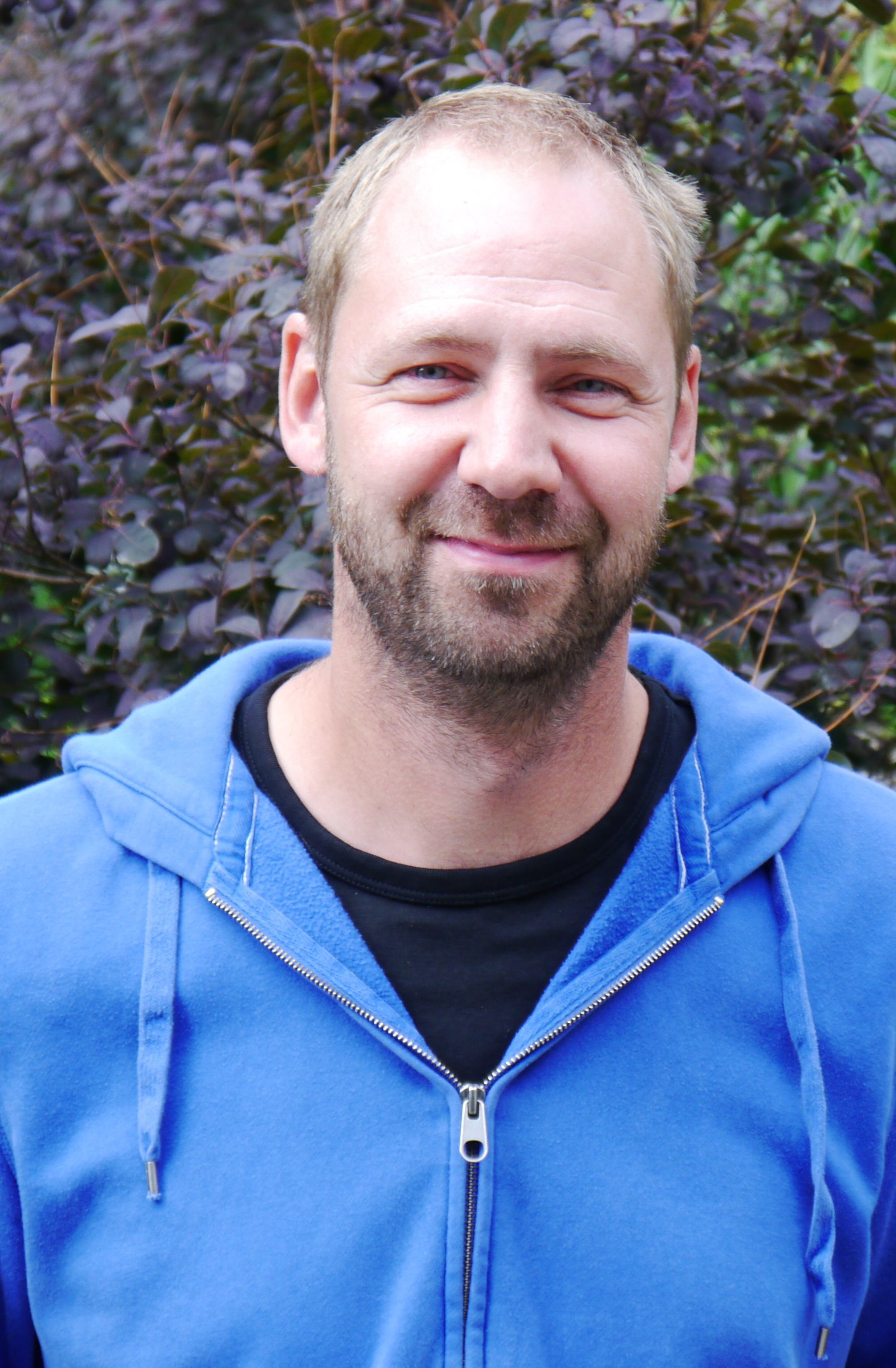
- Dr. Philipp von Wrangell
- philipp.wrangell(at)uni-ulm.de
- **49-(0)731-50-23930
- **49-(0)731-50-23932
Important information
All participants of the Summer School within the Educational Network
- are self-responsible for their travel insurance.
- have to make sure that their travel insurance is sufficient for the countries wherein the programme takes place.
See the following links for further information:

“This homepage has been prepared for the European Commission however it reflects the views only of the authors, and the Commission cannot be held responsible for any use which may be made of the information contained therein.”

